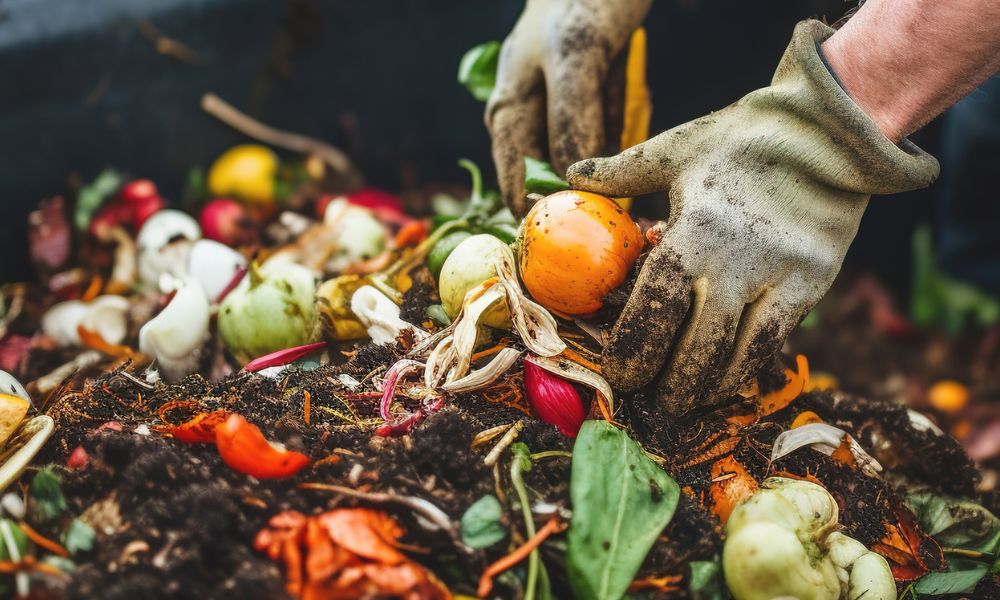
Image Source: Google
Welcome to the green revolution! As the world becomes increasingly aware of the environmental impact of waste, sustainable organic waste management practices are taking center stage. This guide aims to provide you with insights into managing organic waste in an eco-friendly and sustainable manner.
The Importance of Sustainable Organic Waste Management
Organic waste, such as food scraps, yard trimmings, and other biodegradable materials, accounts for a significant portion of the waste generated by households, businesses, and industries. Refer Link: https://www.growingcity.com/service/waste-services
Here are some reasons why sustainable organic waste management is crucial:
1. Environmental Benefits
- Reduces greenhouse gas emissions
- Prevents soil and water pollution
- Conserves natural resources
2. Economic Benefits
- Creates job opportunities in the recycling and composting industries
- Reduces waste disposal costs for businesses and municipalities
Implementing Sustainable Organic Waste Management Practices
There are several effective ways to manage organic waste sustainably. Here are some strategies you can adopt:
1. Composting
- Set up a compost bin in your backyard to turn food scraps and yard waste into nutrient-rich compost
- Use the compost in your garden to improve soil quality and support plant growth
2. Vermicomposting
- Use worms to break down organic waste and produce vermicompost, a natural fertilizer
- An ideal solution for urban dwellers with limited space
3. Anaerobic Digestion
- Convert organic waste into biogas and nutrient-rich digestate through a controlled decomposition process
- Biogas can be used as a renewable energy source for heating and electricity generation
The Role of Businesses and Industries in Organic Waste Management
Businesses and industries have a significant role to play in sustainable organic waste management. Here are some steps they can take to reduce their environmental footprint:
1. Source Segregation
- Separate organic waste at the source to facilitate recycling and composting
- Educate employees about the importance of segregating waste to promote a culture of sustainability
2. On-Site Composting
- Set up composting facilities on-site to process organic waste generated by the business
- Partner with local farms or community gardens to utilize the compost product
3. Circular Economy Practices
- Implement circular economy principles to minimize waste generation and maximize resource efficiency
- Explore opportunities for reusing and recycling organic waste within the organization's operations
Government Initiatives for Sustainable Organic Waste Management
Many governments around the world are implementing policies and programs to promote sustainable organic waste management. Here are some examples of government initiatives:
1. Mandatory Recycling Programs
- Enforce regulations that require households and businesses to separate organic waste for recycling
- Provide incentives for compliance with recycling initiatives
2. Subsidies for Composting Facilities
- Offer financial assistance to organizations investing in composting infrastructure
- Promote the establishment of community composting centers to serve residents
3. Awareness Campaigns
- Launch public awareness campaigns to educate citizens about the benefits of sustainable organic waste management
- Encourage community participation in waste reduction and recycling efforts
Conclusion
In conclusion, sustainable organic waste management is essential for reducing environmental impact, conserving resources, and promoting a more circular economy. By implementing composting, vermicomposting, anaerobic digestion, and other eco-friendly practices, individuals, businesses, and governments can contribute to a greener and healthier future for our planet.
Share this post: on Facebook on Google+